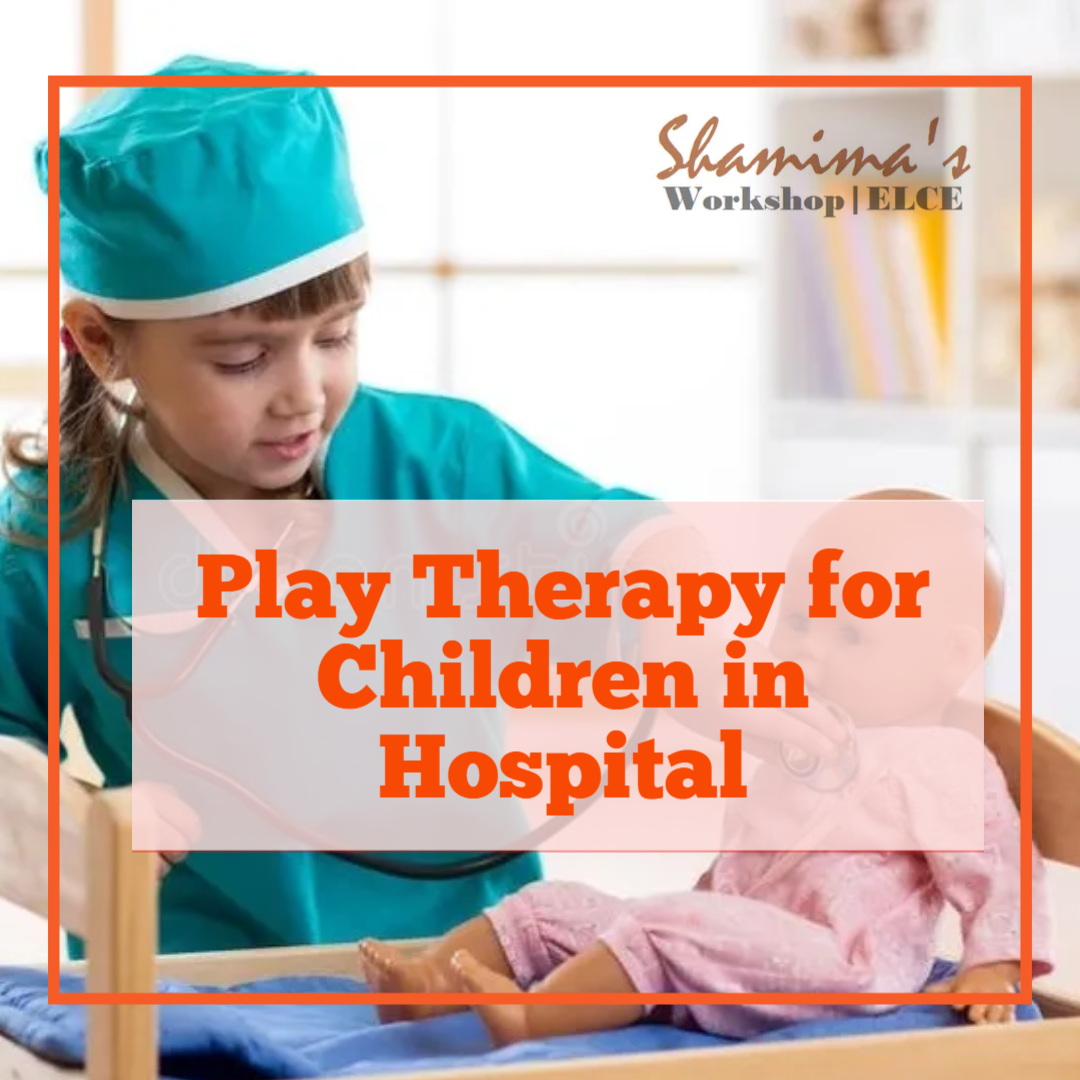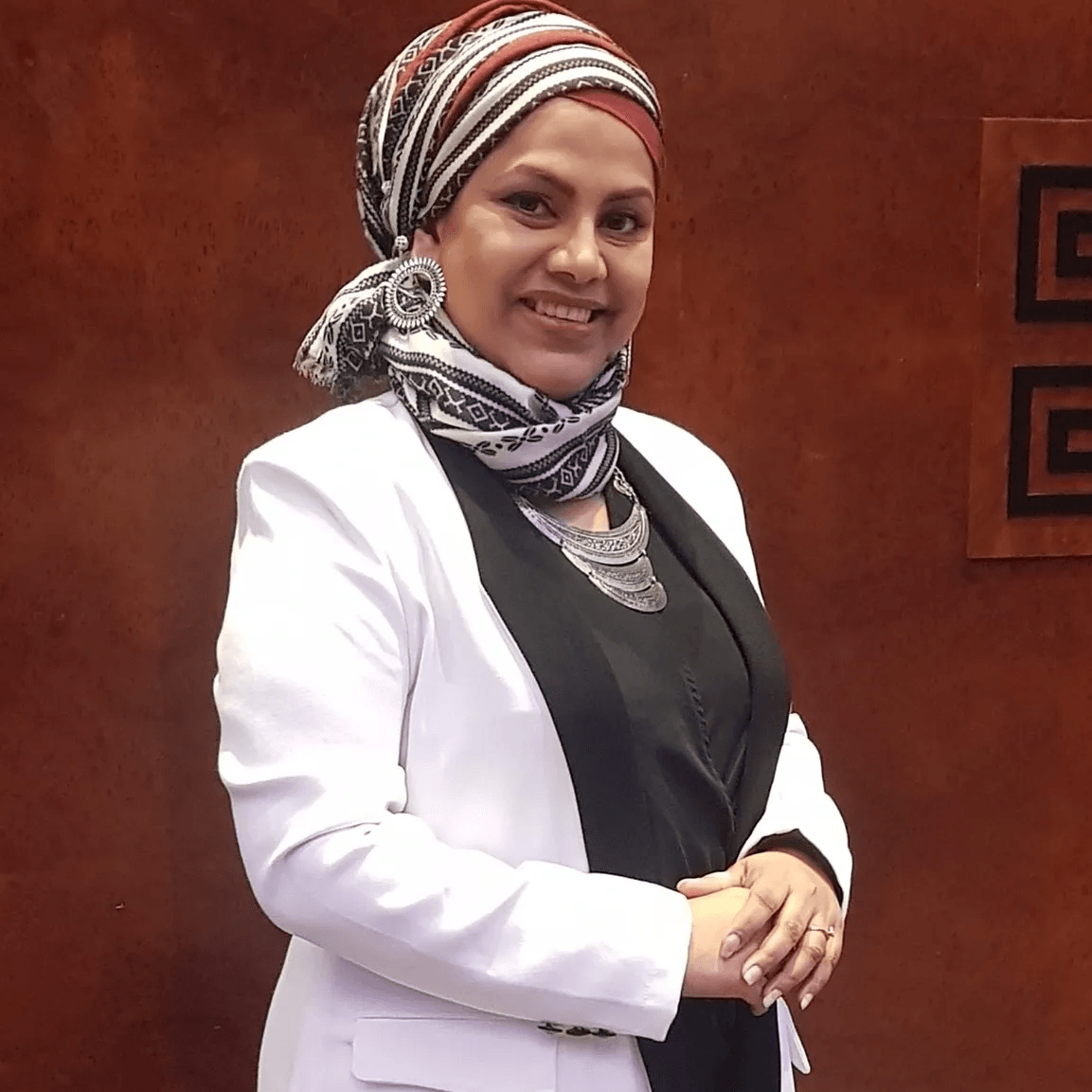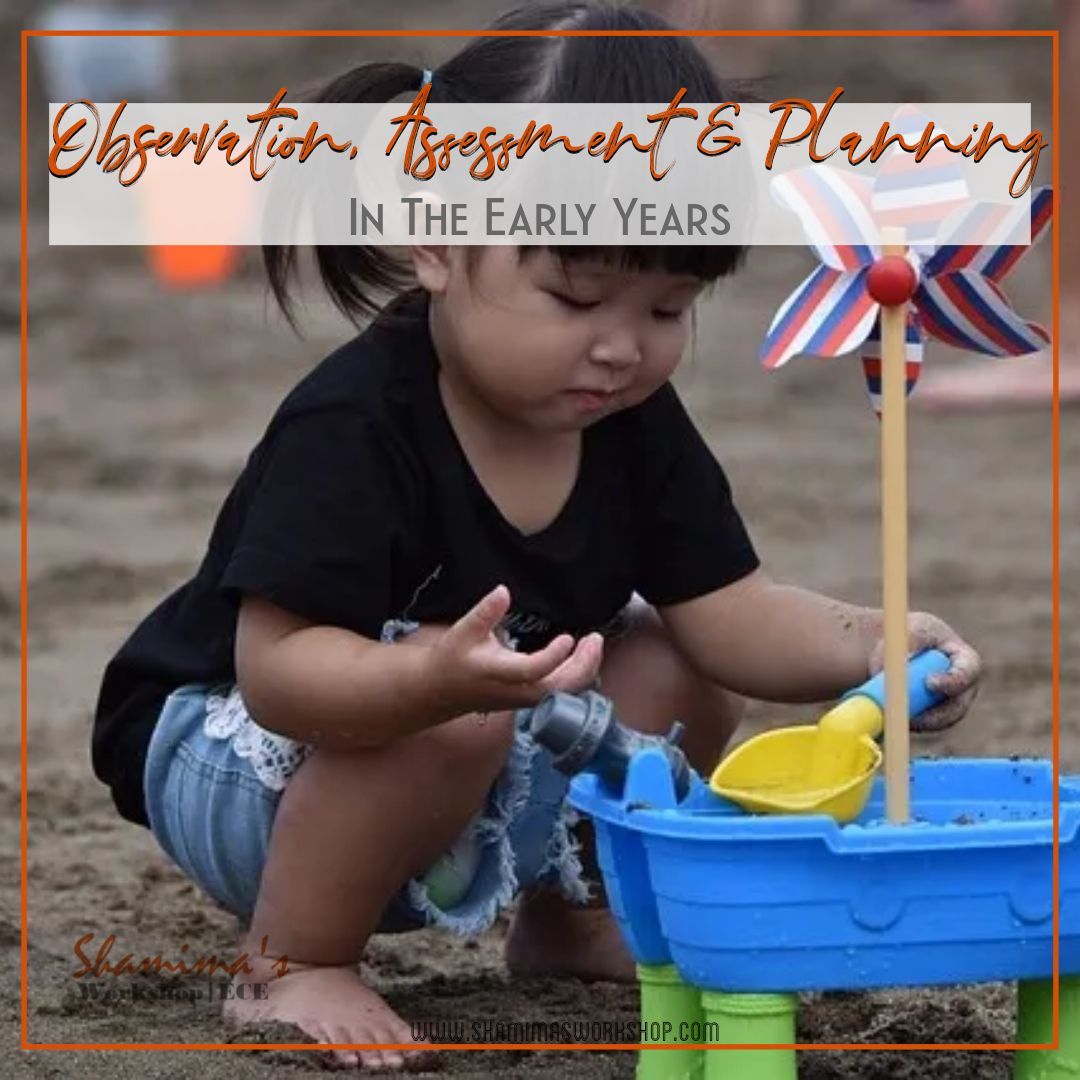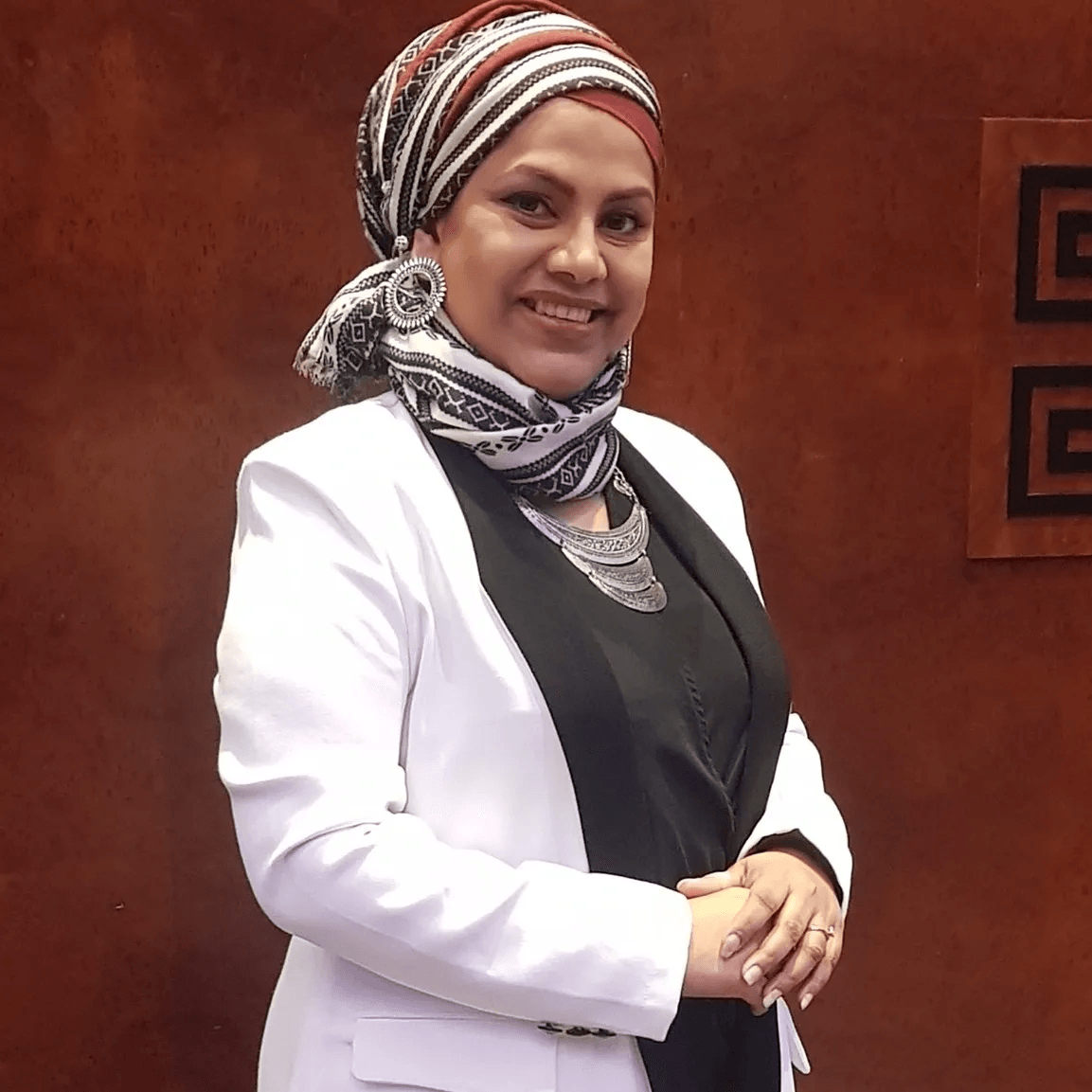Hospitalization disrupts children’s lives and can produce feelings such as anxiety, fear, or pain. Playing is an important part of children’s lives. Thus, it is necessary to ensure holistic care during the process, including play therapy.
It’s rarely a happy occasion when a child is in the hospital, but play therapy is a really effective way to make it a little less overwhelming and a whole lot brighter.
What is Play Therapy?
Play therapy is helpful for children who have an illness or must have surgery that requires hospitalization. Hospitalizations are stressful for children and their families. Young children often feel frightened confused, and out of control. Play therapy is used to help children understand and cope with illness, surgery, hospitalization and medical procedures.
How can playing while in hospital help my child?
Play is comforting and familiar. It's how children make sense of their surroundings. It aids in the learning and development of children in hospitals, as well as the reduction of anxiety. It assists individuals in expressing their thoughts and concerns, comprehending what is occurring, and coping with therapy. It gives a child the chance to make decisions, giving them a sense of power. The ability to play while in the hospital allows children to maintain some aspects of their usual lives.
The therapeutic role of play in hospital in supporting children’s recovery.
We all know the importance of play for children. It is great for socialisation, motor skills, and intellectual development. Acute paediatric wards, burns units, accident and emergency departments, day surgery wards, and special sections such as cancer care all include play services. In a hospital, playing with children can also create understanding and serve as a distraction, as well as help in:
Building rapport and providing a positive experience: For example, when having a blood test the child can be given an appropriate explanation using play and helped to understand why blood taken does not need to be replaced.
Breeding familiarity with hospital equipment
This allows children and their families to investigate, familiarize themselves with, and desensitize themselves to medical equipment. Dressing like a doctor, creating dolls, collages of medical equipment, and syringe paintings are all possibilities.
Relieving stress and anxiety: From the time of admission through the post-operative period or hospital release, therapeutic play is helpful in lowering children's worry and concerns, attaining self-expression, collaboration during unpleasant procedures, and desire to return to the hospital to complete their treatment.
It enables the child and his or her family to comprehend, accept, and cooperate with therapy. The value of collaboration should not be overlooked. Children's cooperation in blood testing, for example, allows the procedure to be completed swiftly and effectively. When a child resists and struggles with terror, it may take numerous attempts to draw blood. This is not only inconvenient for the doctor, but it is also distressing for both the child and the parent.
Normalising the environment: Play therapy create an environment where stress and anxiety are reduced. For example, Play therapy for children with terminal diseases may create an environment in which young patients can gain a sense of control over their situation, have the opportunity to manage their lives in their own way, and be able to express their frustrations, fears, and feelings, even if only for a short time.
Providing opportunities to talk and listen:
Therapeutic play may help in the development of a relationship and communication with a hospitalized child, as well as the expression of feelings among children, the reduction of stress and anxiety, and the preparation for intrusive procedures.
Play therapy appears to be an effective therapeutic option for abused children hospitalized to a pediatric hospital. Many of these children communicate themselves more effectively via activities than through words. As result, play therapy in a secure setting may help children express themselves and cope with their problems.
Play in the hospital may become a tool in the hands of healthcare professionals to give significant support to hospitalized children if they have the necessary training, patience, and willingness to employ it throughout their stay.












